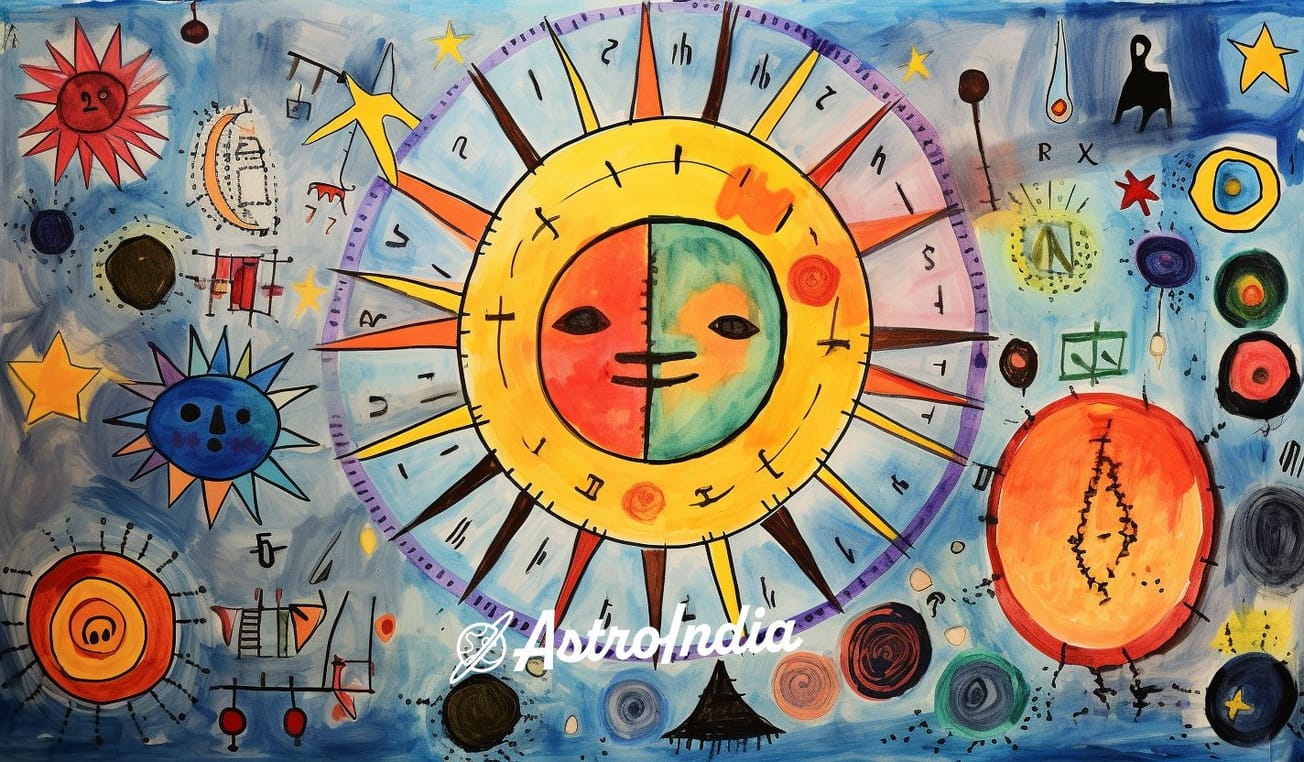What is blockchain?
Blockchain is a decentralized database of continuous chains of blocks storing an information ledger maintained among private or public computer network nodes in which users participate to establish a unified network.
Understanding Blockchain
In decentralized blockchain technology, each participant or node possesses a version of all records containing a timestamp, hash code, and transaction records from the previous block.
Since each block carries details about the previous block, it forms a chain with each subsequent block linked to the previous ones, making the technique resistant to data alteration once recorded.
The data in any block cannot be modified without affecting all subsequent blocks. If any blocks were changed, the change would be immediately noticed since the generated hash would no longer match the original, and the block would fail validation.
The nodes that facilitate the system's execution are the key components of the blockchain. The term "node" refers to only those devices within the system that verify and store the entire transaction history. Anyone can create a node by installing the blockchain network application on any computer.
All miners are nodes since they confirm transactions via identical rules and software. All nodes work together to form a peer-to-peer network in which each node has its version of the blockchain, and data is exchanged without a central server.
Every user can join the network that connects one of the nodes and receives data from the blockchain or make a transaction. The transaction is carried out via a blockchain-based wallet that validates and authenticates users and transactions using cryptographic algorithms.
Suppose that on the Ethereum blockchain, the most extensively used blockchain, each wallet has a 42-character long hexadecimal computer communicable address that begins with "0x" and continues with random alphanumeric characters.
This is how public blockchain or crypto addresses are assigned, necessary for sending tokens, transferring payments, or issuing permissions via a smart contract. The owner must have his private key to access funds and authorization via the address.
Similar to how IP addresses were complicated and DNS was established to make the ecosystem human-adoptable, blockchain addresses are complex algorithms that are difficult for humans to memorize and extremely time-consuming and risky for executing transactions.
Regardless of how secure, safe, and advanced the technology is, this would result in slower adoption and a reduced user population. This led to the foundation of NFT domains based on blockchain technology for replacing complex addresses with human-friendly names.
Blockchain technology is the backbone of the NFT domain name market; without it, there would be no Quik.com NFT domains, cryptocurrencies, or the broader decentralized universe.
It is extensively used by individuals looking for a place to stay ahead of the technological curve. Individuals in the crypto and blockchain sector who are active and well-known are buying NFT names on Quik.com in the same fashion that traditional domains were popularized.
Other users employ NFT domains to learn about the sector and become more active with a decentralized technology in a more hands-on manner rather than falling back to the trend or when it gets mainstream.
So, now that we've learned everything there is to know about blockchain and how it established NFT domain standards let's understand its role in the market.
The role of blockchain technology in the NFT domain name market
Blockchain technology entails the development of a distributed network in which a ledger records transactions that are imitated on a variety of separate, distributed modes. Transactions are then grouped into blocks that must be validated by many nodes to be securely added to the ledger proving the secured boundaries of NFT domains.
Using blockchain to decentralize the NFT domain system makes it far more difficult for hackers to disrupt. It also precludes ICANN and other regulatory agencies from interfering with ownership rights and censorship controls.
Since uploaded data on a blockchain cannot be changed or altered, it minimizes or removes the need for current DNS security methods such as DNSSEC, which requires extensive maintenance and the re-signing of a DNS root zone's public key data after every three months.
Another role of blockchain technology in NFT domains is that it is practically impossible to be taken down by the government and major corporations, which could be a huge benefit for journalists and activists, as well as developers, individuals, and businesses who want to remain anonymous and have freedom of operations.
Since it cannot apply restrictions, it may become a source of cybercrime for hackers, scammers, and international criminals. It might also be true for customers selling unlawful things and profit criminals trafficking seized customer information.
Since it adheres to its decentralized character, it may be traceable, as recognized via the NFT domain transaction would allow it to be traced, which is also feasible via centralized exchanges, crypto exchanges, data transfer to acquire NFT domains, including a whole map of transactions which may take time but is possible.
Yet, the content cannot be restricted or manipulated, nor can it be hacked. This negative scenario was only intended to help you comprehend technology's security, which benefits everyone by allowing them to avoid centralized monitoring.
Large corporations already have Crypto domains for hosting decentralized events, runways, projects, business plans, freelance websites, etc. Why wait now that you understand the security elements and its founding technology?
Mint now and unlock your identity with NFT Domain!










